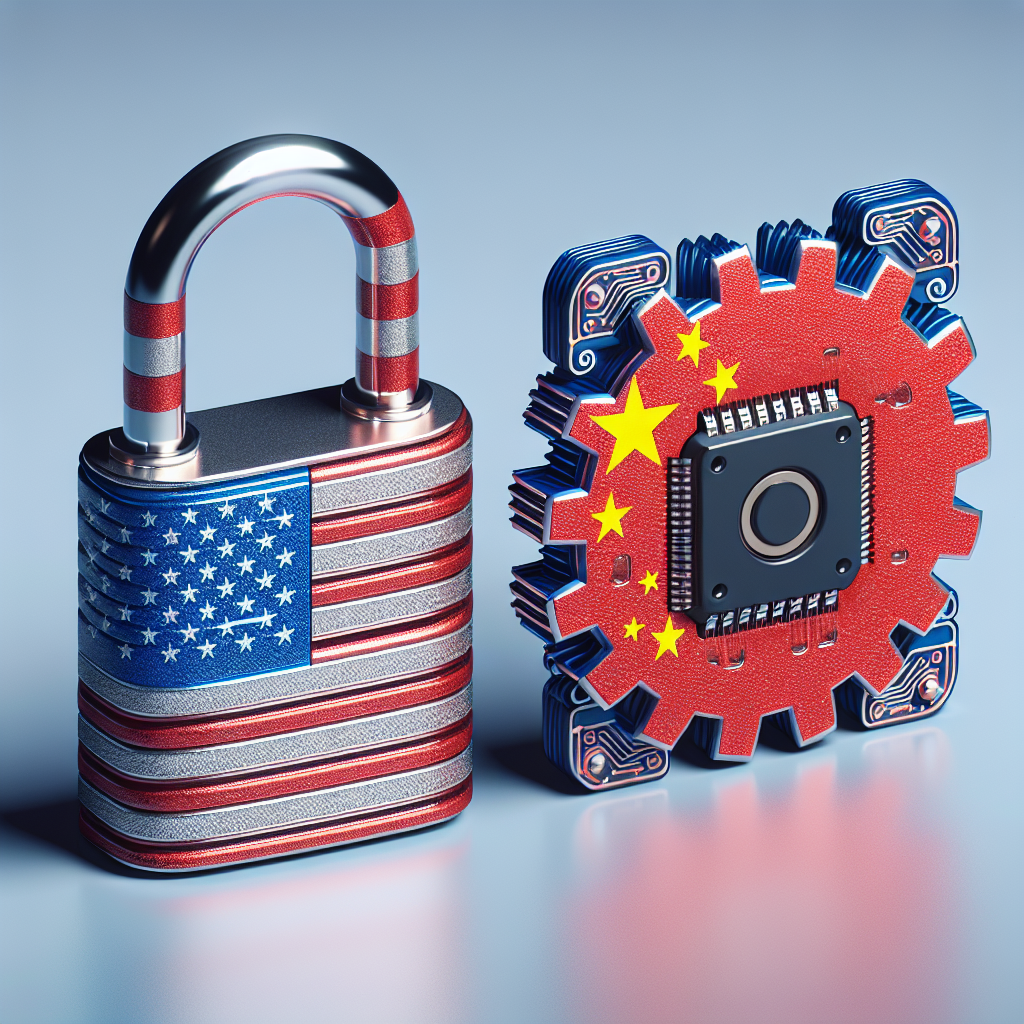China’s artificial intelligence development is being hindered by U.S. trade restrictions on advanced chips, potentially widening the gap between the two countries, experts have noted.
Despite a high demand for Nvidia’s H20 chip, designed to bypass export control requirements, U.S. trade restrictions are hampering China’s ability to enhance its large language models (LLMs), which are crucial for AI technologies such as ChatGPT. Analysts from Jeffries indicated in a recent call that these restrictions could ensure that China’s technology gap with the U.S. remains or even expands.
The H20 chip features lower computing power compared to Nvidia’s chips available to American tech firms. As a result, Chinese companies are increasingly turning to Huawei’s Ascend chip as a longterm solution. Experts believe that this support will help Huawei enhance its chip technology. However, concerns remain about whether China has sufficient capacity for advanced 7-nanometer processes to meet future demand.
Reportedly, Huawei is struggling to increase production of its Ascend 910B chip — considered the best Chinese alternative to Nvidia’s restricted chips — due to breakdowns in repurposed chip fabrication machines.
U.S. officials have also commented on the Kirin 9000s chip, which uses 7-nanometer technology and powers Huawei’s Mate 60 Pro smartphone, suggesting that it lags behind U.S. developments. Secretary of Commerce Gina Raimondo stated this indicates that export controls are effective, as the chip is less advanced and significantly behind U.S. counterparts.
In contrast, while the U.S. has recently reduced federal research and development funding across various sectors, China has increased its research and development budget by 10%. Arati Prabhakar, director of the White House Office of Science and Technology Policy, expressed concerns in an interview with The Verge, suggesting that the U.S. needs to intensify its efforts, especially as AI development accelerates.
Experts predict that the demand for computing power will continue to rise with the development of more sophisticated models. They also foresee a potential consolidation in China’s AI industry due to the shortage of both capital and computing power.
This scarcity may affect China’s competitive edge, experts warn. Some suggest that Chinese firms should focus on optimizing models to perform competitively despite lower computing power. However, others argue that significant computing power is necessary during the initial stages of AI model development for experimentation, and optimization would be more effective once the models are mature.
